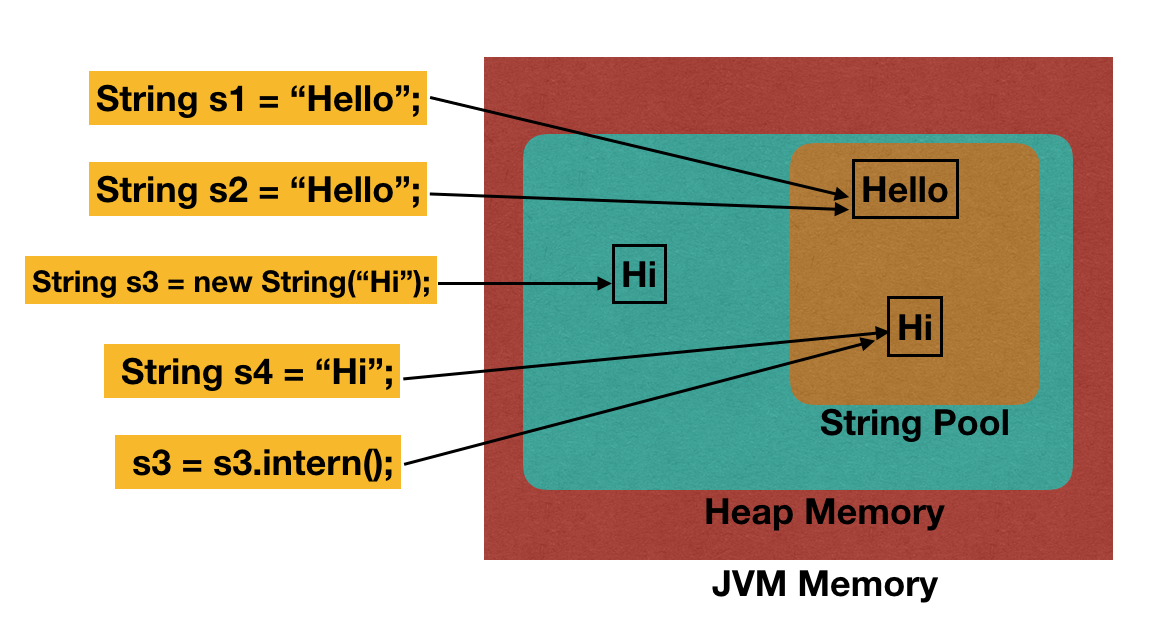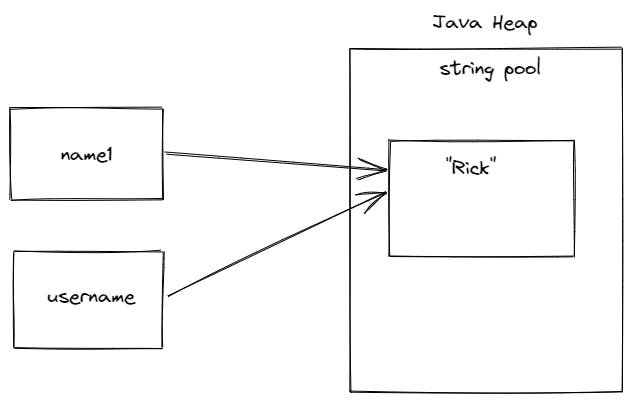Why Are Strings Immutable in Java? Enhancing Code Dependability
Why Are Strings Immutable in Java? Enhancing Code Dependability
Blog Article
Unalterable Strings: A Key Element in Ensuring Data Consistency and Dependability
In the world of information monitoring, the value of immutable strings can not be overstated. These unchanging sequences of personalities play an essential role in promoting the stability and precision of details within systems. By keeping a state of immutability, data consistency is made sure, promoting a structure of dependability whereupon vital procedures depend. The concept of unalterable strings goes beyond simple triviality; it is a cornerstone in the complex internet of information administration. As we explore the benefits, application approaches, and practical applications of immutable strings, a more clear photo arises of their essential nature in guarding the digital landscape.
The Principle of Unalterable Strings
Unalterable strings, a fundamental concept in programs, describe strings that can not be modified as soon as they are developed. Fundamentally, once a string worth is appointed, any operation that appears to change the string in fact produces a brand-new string. This immutability guarantees data uniformity and reliability in applications, as it avoids unforeseen modifications to the initial data.
Benefits in Data Consistency

Information consistency is vital in various facets of software application advancement, consisting of database monitoring, multi-threaded settings, and dispersed systems (Why are strings immutable in Java?). Unalterable strings contribute significantly to accomplishing this consistency by avoiding data corruption because of simultaneous gain access to. In situations where numerous processes or threads communicate with the very same data all at once, unalterable strings function as a guard against race conditions and synchronization concerns
Additionally, the immutability of strings simplifies debugging and screening procedures. With unalterable strings, designers can trust that when a string is established, it will certainly remain unmodified, making it less complicated to trace the resource of errors and ensuring that examination cases generate regular results. This integrity in information dealing with eventually brings about extra robust and steady applications.
Executing Immutable Strings
Guaranteeing the immutability of strings calls for a thoughtful technique to their application in software application development. When a string item is produced, one essential method is to develop string courses in a method that stops modifications. By making strings unalterable, programmers can improve data consistency and dependability in their applications.
To carry out immutable strings efficiently, designers need to favor producing new string objects as opposed to changing existing ones. This technique makes certain that once a string is assigned a worth, it can not be altered. Furthermore, any kind of operation that appears to modify the string must create a brand-new string with the wanted adjustments as opposed to modifying the initial.
Furthermore, using immutable strings can simplify concurrency management in multi-threaded settings. Considering go to this web-site that immutable strings can not be altered after creation, they can be securely shared amongst several threads without the threat of data corruption.
Role in Dependability Guarantee
In software program growth, the utilization of unalterable strings plays a crucial role in making certain the dependability of data procedures. Unalterable strings, once developed, can not be changed, ensuring that the data they represent continues to be consistent throughout the application's execution. This immutability building provides a level of guarantee that the data being processed will certainly not be inadvertently transformed, leading to unforeseen outcomes or errors in the system.
By including unalterable strings right into software program layout, designers can boost the dependability of their applications by lessening the threats linked with mutable information - Why are strings immutable in Java?. Unalterable strings aid in protecting against data corruption or unintentional alterations, which can be especially vital when handling sensitive info or when information stability is vital
Moreover, making use of unalterable strings streamlines concurrent processing, as multiple strings can securely gain access to and share string data without the risk of one thread changing the link material while an additional is reviewing it. This element contributes significantly to the total dependability of the software system, making sure foreseeable and constant behavior in information handling procedures.
Applications and System Assimilation
The smooth combination of immutable strings into various applications and systems is pivotal for ensuring robust information uniformity and integrity across diverse technological environments - Why are strings immutable in Java?. Immutable strings play an important duty in enhancing the stability of information exchanges and interactions within facility software program communities. By including unalterable strings into applications, programmers can reduce the threats related to information tampering, unauthorized alterations, and inadvertent modifications, thereby fortifying the general security stance of the system
In the context of system integration, immutable strings act as a fundamental element for establishing secure interaction networks and helping with smooth information transfers in between various elements. Their unalterable nature guarantees that information transmitted in between systems remains verifiable and unchanged, minimizing the possibility of incongruities or errors that can jeopardize the integrity of the entire system. Furthermore, immutable strings can enhance interoperability in between inconsonant systems by giving a standard layout for data depiction, making it possible for more reliable information processing and exchange protocols across interconnected platforms. By taking on immutable strings in applications and system integration procedures, companies can fortify their information facilities and maintain the dependability and uniformity of their information properties.
Verdict
Finally, unalterable strings play a crucial role in maintaining data consistency and reliability in various applications and system integrations. By ensuring that strings can not be transformed when created, the honesty of information is maintained, lowering the risk of incongruities and mistakes. Implementing immutable strings can dramatically improve websites the dependability of systems, inevitably bring about more precise and reliable data processing.

Report this page